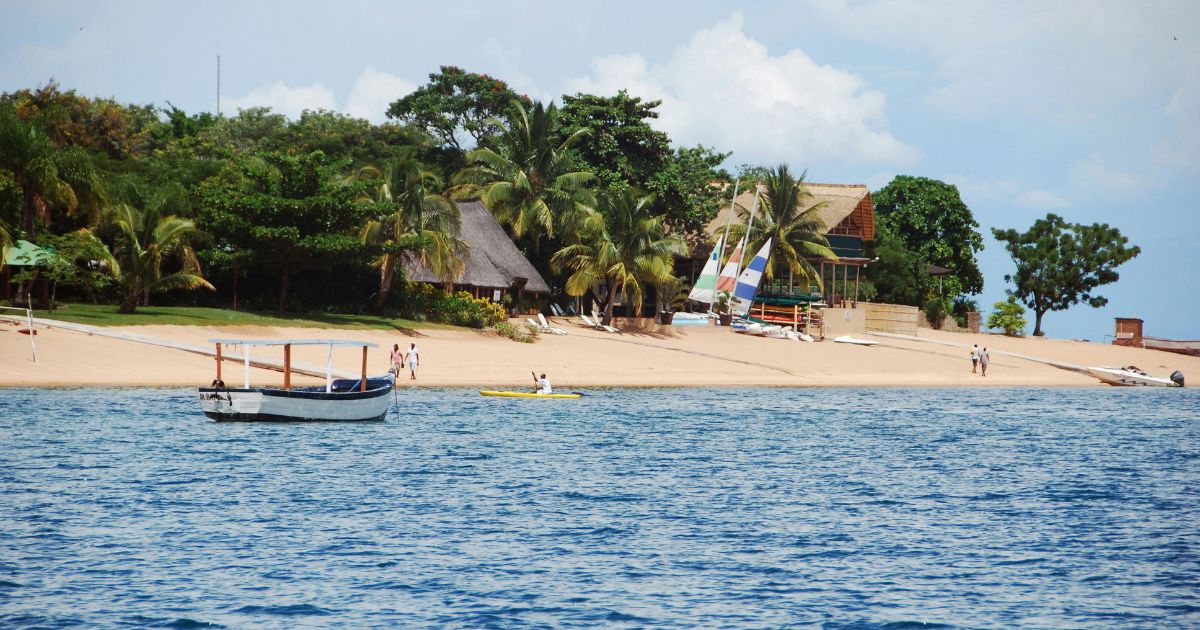On 16th September Malawi went to the polls in a tight call presidential battle that was dominated by frustration over the cost of living, fuel shortage and widespread poverty. The election is seen as a two-horse race between two renowned actors who are sitting President Lazarus Chakwera, 70, and former president Peter Mutharika, 85. Though there are 17 contestants on paper, analysts argue that the actual contest is between the two men as both have been accused of being corrupt and bad leaders.
Chakwera vs. Mutharika: 2019 Rematch
Chakwera, a pastor and Malawi Congress Party leader, is running for a second term, while Mutharika, a law professor and candidate of the Democratic Progressive Party, seeks to reclaim power after losing the canceled 2019 election rerun.
For some voters, Chakwera deserves another chance. Others, however, recall Mutharika’s tenure from 2014 to 2020 with nostalgia. Nevertheless, young voters are mostly disillusioned. Analysts such as Chris Nhlane argue that electors are basically voting between “two disappointments.” If no candidate wins more than 50% of the votes, a run-off will be held within 60 days.
Economic and Climate Challenges at the Core
These are the crippling economic and environmental plights in the heart of this election, Malawi. By 2025, the inflation rate will have hit 27 per cent, and the food insecurity situation is worsening due to frequent droughts and the devastation caused by Cyclone Freddy in 2023. The high prices of fertilizers and low productivity are also a major concern, with 70 percent of the population living in poverty and more than 80 percent relying on agriculture.
Chakwera promised to “finish what we started,” citing infrastructure projects and recent declines in fertilizer costs. Mutharika, on the other hand, campaigns on “returning to proven leadership,” promising economic transformation and stability.
As the polls close and votes are counted, Malawians are still divided between change and stability. For many people, however, the main issue is survival in one of the world’s poorer nations.




